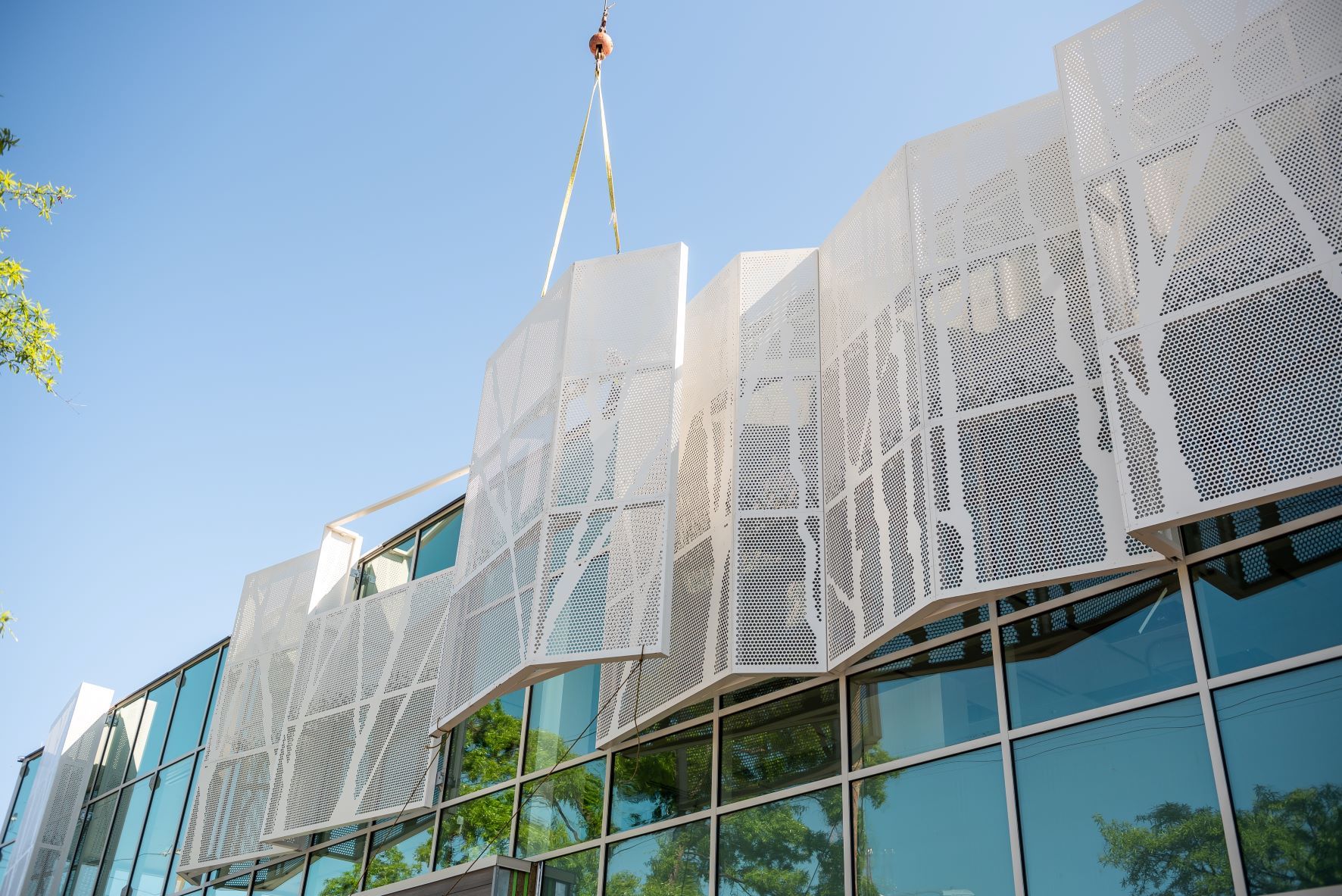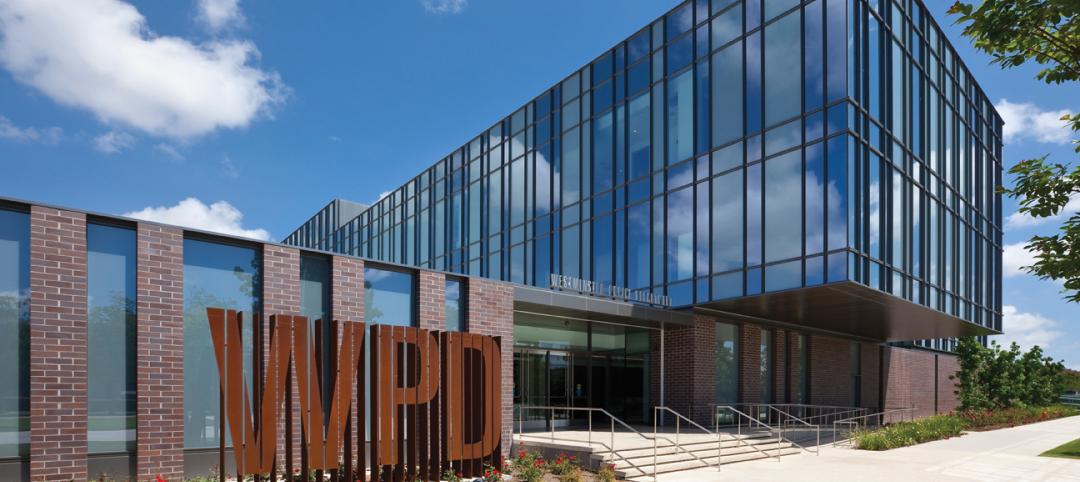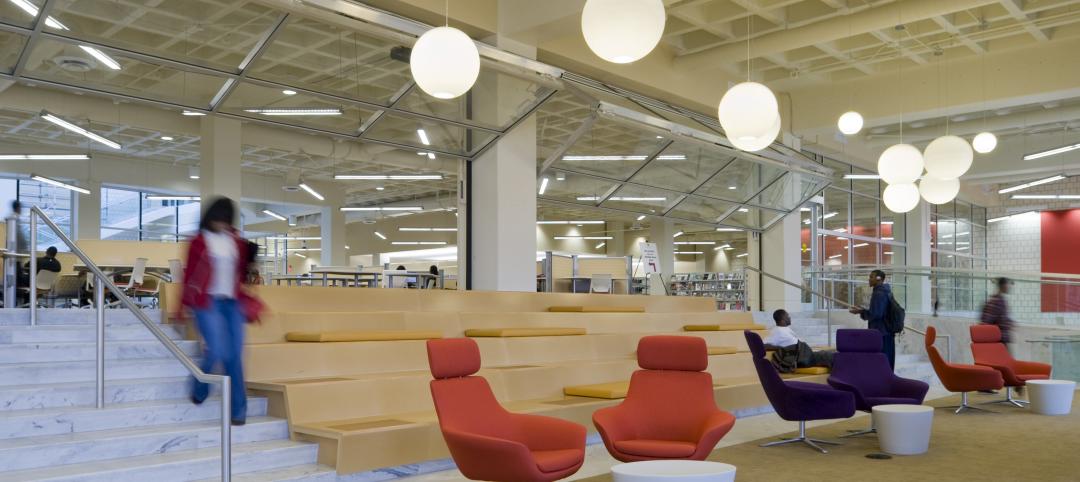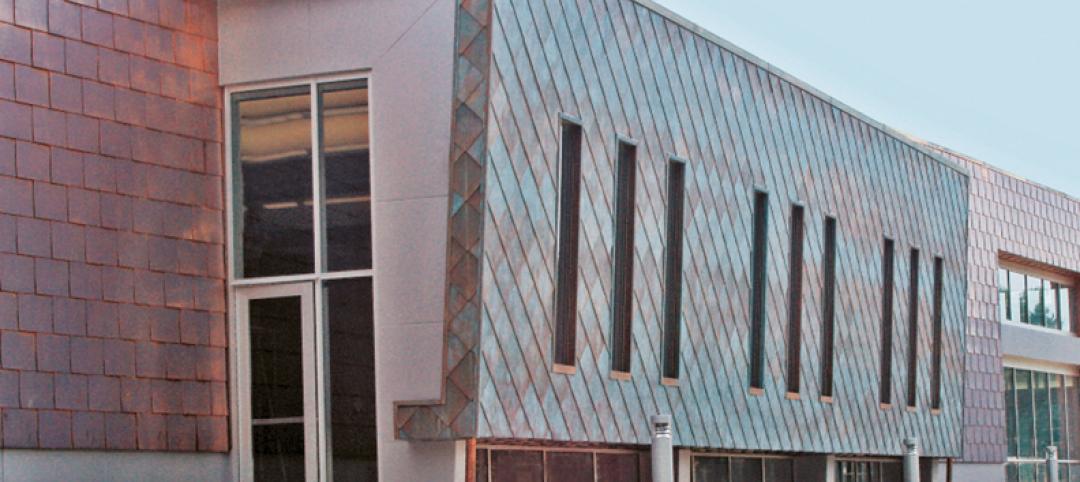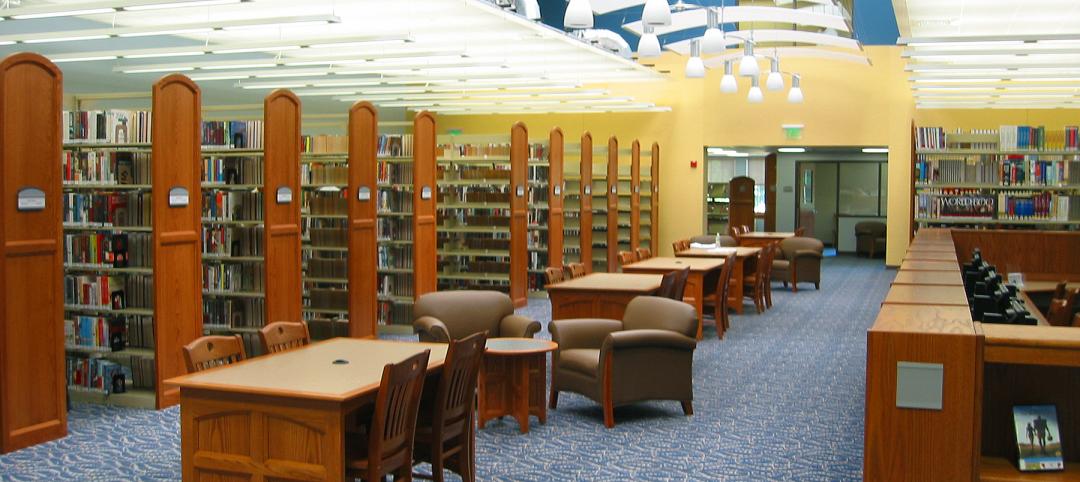People have been writing obituaries for libraries for decades. The May 2005 edition of MIT’s Technology Review ran a series of articles under the title “Death of Libraries: Myth and Facts.” Writing in the Guardian newspaper in December 2016, columnist Simon Jenkins compared libraries to churches and local railways: “People like having them around, and are angry if they close. But as for using them, well, there is so little time these days.”
Libraries also now find themselves at the center of a culture war as conservative groups have led a historic effort to ban and challenge materials that address racism, gender, politics, and sexual identity, according to the American Library Association’s (ALA) “State of America’s Libraries 2022.”
Yet, from Maine to California, libraries keep getting funded and built or renovated for the digital age. The $1.9 trillion American Rescue Plant Act included $200 million for the Institute of Museum and Library Services, the only source of federal funding for libraries.
In January 2021, Sen. Jack Reed (D-R.I.) with 30 cosponsors introduced the Build America’s Libraries Act, to support long-term improvements to libraries to better serve underserved and distressed communities, low-income and rural areas, and people with disabilities. This would be accomplished through the establishment of a Build America’s Library Fund financed by state contributions. (This bill is still pending.)
Brightspot, a subsidiary of the engineering firm Buro Happold, tells BD+C that 12 of its 32 Higher Education planning projects last year involved libraries. And the Netherlands-based architecture firm Mecanoo has, in recent years, designed a procession of library projects in the U.S., including the New York Public Library’s Stavros Niarchos Foundation Library branch, which opened last year; and, with OTJ Architects, the three-year-long renovation of the Martin Luther King Memorial Library in Washington D.C., which was completed in 2020.
A 2014 article in Places Journal was prescient in its description of future libraries as networks of integrated, mutually reinforcing, evolving infrastructures that serve simultaneously as reading rooms, social service centers, and innovation labs.
PART OF A BIGGER PICTURE
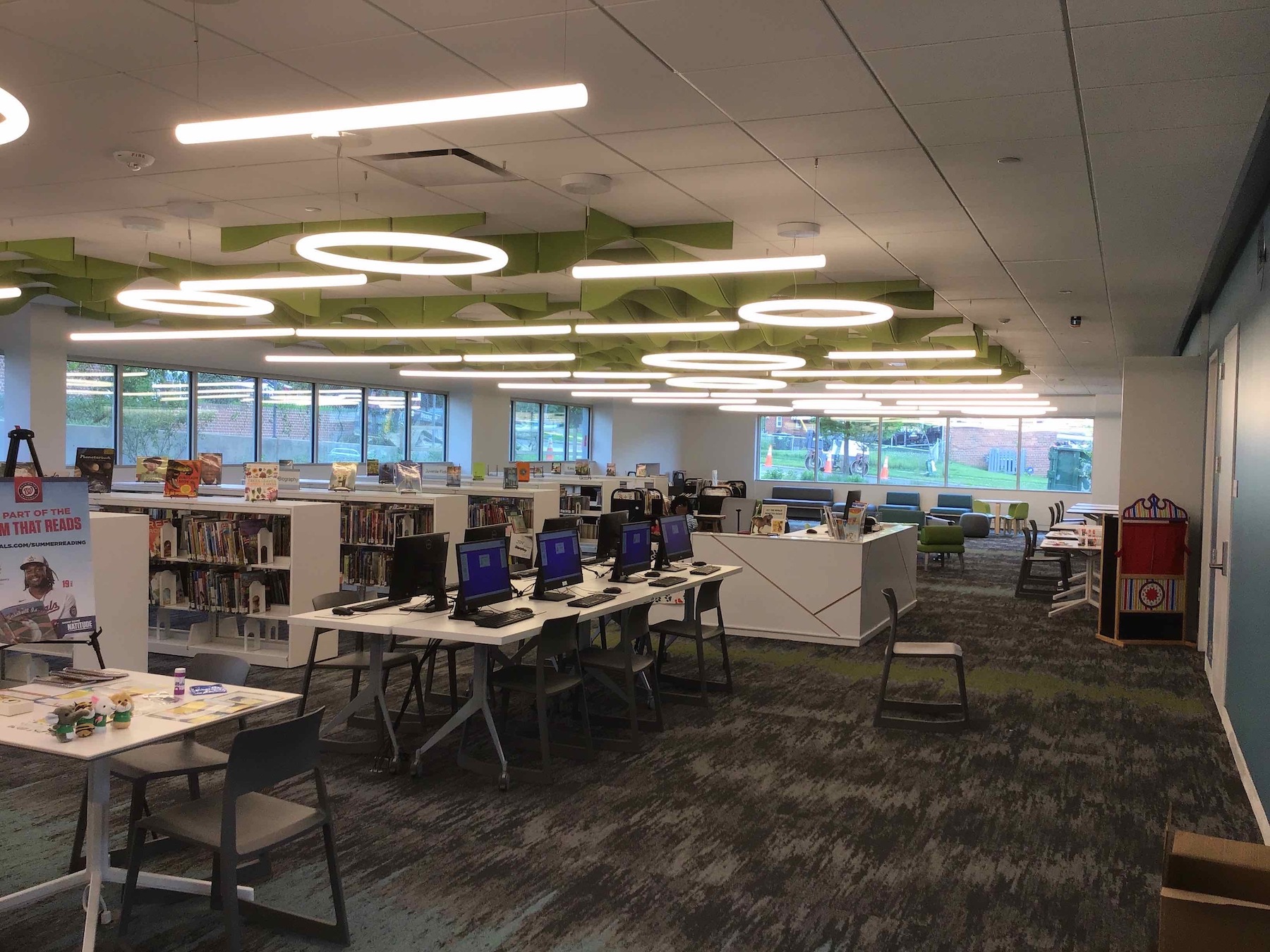
On a small but no less significant scale, the Lamond Riggs/Lillian J. Huff Library in Washington, D.C., officially opened on June 27. Designed by HGA and built by Consigli Construction, this two-story, 23,500-sf building is nearly 5,000 sf larger than the 17,930-sf library it replaces. Peter Cook, HGA’s design principal, called libraries “an extension of the home for a neighborhood,” and asserted that this particular project responds to the needs of residents with a wide range of spaces that includes an entry plaza.
The new $20 million library features expanded space for adults, teens, and children. There is a “Discovery Zone” for kids, and collaborative spaces that include living-room style seating. A large meeting room can accommodate up to 100 people or be divided into smaller quarters. There are also seven reservable meeting spaces—one for up to 12 people, two for up to six people, and four study spaces for two people each.
A protected front porch is accessible from inside the building and leads to outdoor meeting and working areas. (The landscape architect Lee and Associates designed bioretention areas, added a tree canopy, reinforced the streetscape form, and added buffer plants to screen the library parking lot.)
The library was designed and built to meet the LEED Gold certification standard.
According to the Washington Informer newspaper, this library’s opening is a continuation of the D.C. Public Library’s Facilities Master Plan, whose priority is building neighborhood libraries that are at least 20,000 sf, and flexible enough to adapt to changing technologies.
Nationwide, an ALA study found that 93 percent of public libraries provide or plan to provide free Wi-Fi access in their grounds even when their buildings are closed, while 44 percent have moved routers outdoors to improve public access, and 23 percent provide Wi-Fi hotspots for patrons to check out and use at home.
Related Stories
| Aug 7, 2012
How to win more state and local government projects
With a huge building stock at their disposal, state and local governments can be attractive clients, especially in these difficult economic times.
| Jun 1, 2012
New BD+C University Course on Insulated Metal Panels available
By completing this course, you earn 1.0 HSW/SD AIA Learning Units.
| May 29, 2012
Reconstruction Awards Entry Information
Download a PDF of the Entry Information at the bottom of this page.
| May 24, 2012
2012 Reconstruction Awards Entry Form
Download a PDF of the Entry Form at the bottom of this page.
| May 9, 2012
Shepley Bulfinch given IIDA Design award for Woodruff Library?
The design challenges included creating an entry sequence to orient patrons and highlight services; establishing a sense of identity visible from the exterior; and providing a flexible extended-hours access for part of the learning commons.
| Apr 17, 2012
FMI report examines federal construction trends
Given the rapid transformations occurring in the federal construction sector, FMI examines the key forces accelerating these changes, as well as their effect on the industry.
| Apr 4, 2012
Bald joins the Harmon glazing team
Bald has 13 years of experience in the glazing industry, coming to Harmon from Trainor where he was the regional manager of the Mid-Atlantic region.
| Mar 22, 2012
Moline Public Library uses copper as an exterior building material
Architects incorporate decorative copper panels to create the look of a heavy plate copper shingle.
| Dec 2, 2011
What are you waiting for? BD+C's 2012 40 Under 40 nominations are due Friday, Jan. 20
Nominate a colleague, peer, or even yourself. Applications available here.
| Oct 24, 2011
BBS Architects & Engineers receives 2011 Sustainable Design Award from AIA Long Island Chapter
AIA LI also recognized BBS with the 2011 ARCHI Award Commendation for the St. Charles Resurrection Cemetery St. Charles Resurrection Cemetery Welcoming and Information Center in Farmingdale, NY.


